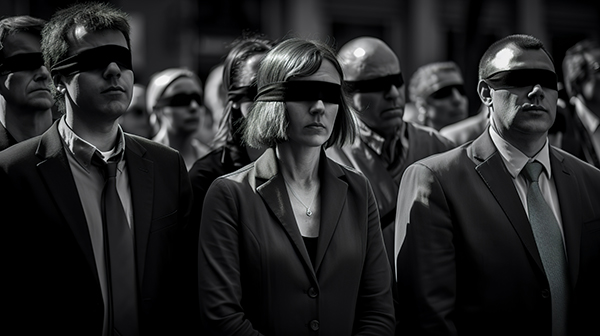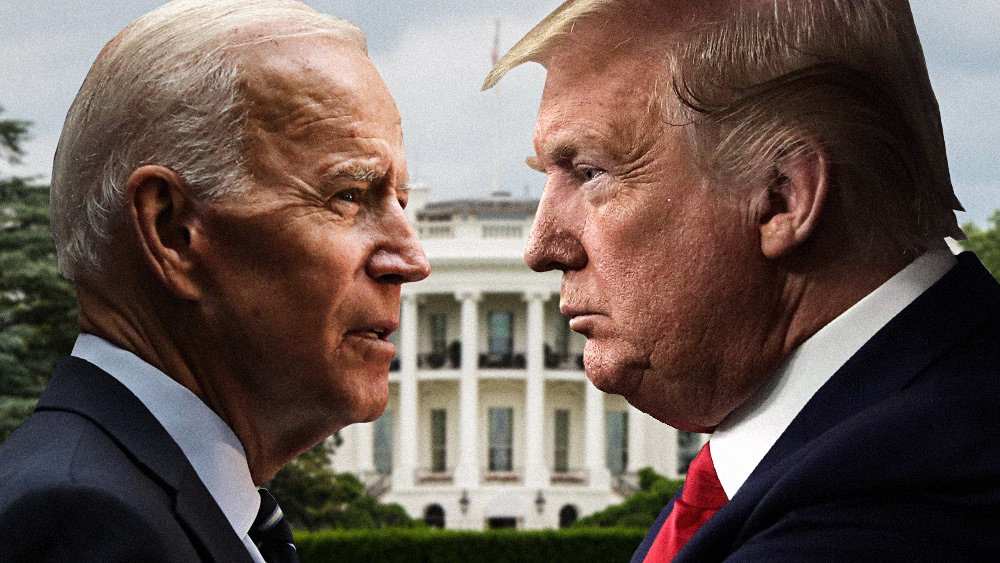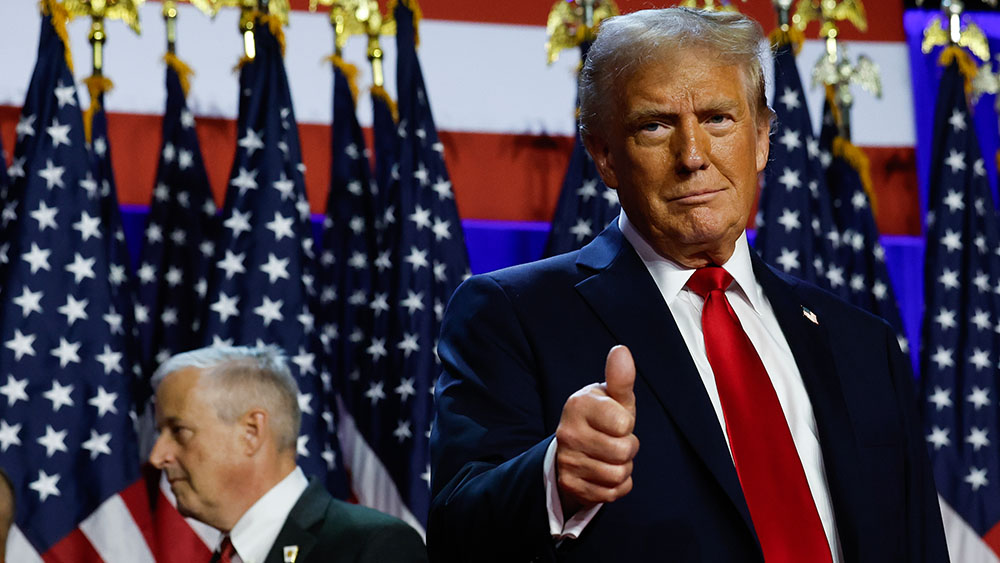 Parler
Parler Gab
Gab
- Enos, a tenured professor, was found guilty of fabricating data to support his Racial Threat Theory, a branch of Critical Race Theory, raising concerns about academic integrity and the politicization of education.
- The scandal highlights how political bias can distort research and curricula, leading to divisive and ideologically driven education that undermines objective truth and fosters polarization among students.
- The focus on ideological conformity stifles intellectual diversity, as dissenting voices are often silenced, contradicting the principles of open debate and free exchange of ideas in academia.
- The academic community is urged to reaffirm commitment to truth, accountability, and transparency in research, while ensuring curricula are based on empirical evidence and foster critical thinking rather than promoting divisive ideologies.
- Education should aim to equip students with critical thinking skills and a commitment to truth, ensuring institutions remain bastions of knowledge and enlightenment, as emphasized by historical visionaries like Fichte, Humboldt, and Kant.
The role of bias in curriculum design
The Enos scandal is not just about data fraud; it is about the broader implications of allowing political bias to infiltrate the curriculum. Critical Race Theory, as a framework, has been increasingly adopted in educational institutions, often with little regard for its empirical validity or the potential for ideological bias. The result has been a divisive curriculum that pits students against each other based on race, rather than fostering a collaborative and inclusive learning environment. The politicization of education is not limited to CRT. Across the country, schools are grappling with curricula that promote ideologies at the expense of objective truth. From the promotion of sexually explicit content in elementary schools to the indoctrination of students with divisive racial theories, the education system is increasingly being used as a tool for political agendas rather than the pursuit of knowledge. The consequences of this politicization are profound. When education becomes a battleground for ideological warfare, students suffer. Instead of being equipped with the critical thinking skills and knowledge necessary to navigate the complexities of the modern world, they are being indoctrinated with narratives that divide rather than unite. This not only undermines the educational process but also erodes the social fabric, creating a generation of students who are more polarized and less capable of engaging in constructive dialogue. Moreover, the focus on political correctness and ideological conformity stifles academic freedom and intellectual diversity. Professors and educators who dare to question the prevailing orthodoxy are often met with backlash, creating an environment where dissenting voices are silenced. This is antithetical to the very principles of academia, which should be a space for open debate and the free exchange of ideas.A call for integrity in education
The Enos scandal should serve as a wake-up call for educators, policymakers and the broader academic community. It is time to reaffirm the principle that education should be free from political bias and driven by a commitment to truth and integrity. This means holding researchers accountable for their methods and findings, ensuring that curricula are based on empirical evidence rather than ideological agendas, and fostering an environment where diverse perspectives are welcomed and respected. The legacy of Western education is built on the contributions of visionaries who understood the importance of cultivating critical thinking, moral integrity and a commitment to truth. Figures like Johann Gottlieb Fichte, Wilhelm von Humboldt and Immanuel Kant emphasized the role of education in shaping responsible, self-determining individuals who could contribute to the betterment of society. It is this legacy that we must strive to uphold in the face of the challenges posed by the woke Left and the politicization of education. The path forward requires a concerted effort to restore integrity to the academic process. This means implementing rigorous standards for research, ensuring transparency in data collection and analysis, and holding institutions accountable for the quality of their scholarship. It also means rethinking curricula to focus on fostering critical thinking and intellectual diversity, rather than promoting divisive ideologies. Ultimately, the goal of education should be to equip students with the knowledge and skills they need to thrive in an increasingly complex world. This requires a commitment to truth, integrity and the free exchange of ideas. The Enos scandal is a stark reminder of what happens when these principles are compromised. It is time to take a stand for the integrity of education and ensure that our institutions of learning remain bastions of knowledge and enlightenment. In the words of Nelson Mandela, "Education is the most powerful weapon which you can use to change the world." Let us ensure that this weapon is wielded with integrity, for the betterment of society and the future of our children. Sources include: KarlStack.com KarlStack.com Mises.orgBiden regime rushes $21 Billion in aid to Ukraine, escalating conflict
By Lance D Johnson // Share
Top four mainstream media narratives that collapsed in 2024
By Lance D Johnson // Share
Biased mainstream news media in a tizzy after Trump’s win
By Willow Tohi // Share
U.K.’s Online Safety Act: A death knell for small websites and free expression
By Willow Tohi // Share
Governments continue to obscure COVID-19 vaccine data amid rising concerns over excess deaths
By patricklewis // Share
Tech giant Microsoft backs EXTINCTION with its support of carbon capture programs
By ramontomeydw // Share
Germany to resume arms exports to Israel despite repeated ceasefire violations
By isabelle // Share










